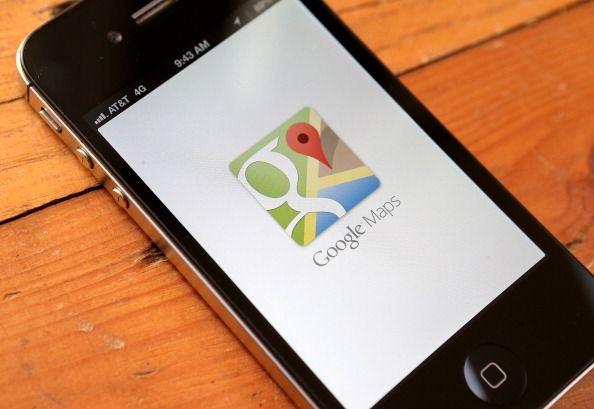Google Is The Biggest Factor Behind Apple's Services Revenue Growth

It's no secret Alphabet (NASDAQ:GOOG) (NASDAQ:GOOGL) subsidiary Google pays a lot of money to remain the default search engine across Apple (NASDAQ:AAPL) devices. Last year, the company paid around $9.4 billion to Apple, according to Goldman Sachs analyst Rod Hall. That number will climb above $12 billion this year.
With Apple releasing more details on its services business with its latest earnings report, it's worth taking another look at its revenue from Google and how that might affect both sales growth and gross income from the segment going forward.
One-quarter of services revenue
Apple generated $39.5 billion in services revenue in calendar 2018. Google's $9.4 billion in traffic acquisition costs paid to Apple accounted for nearly 25% of that revenue.
Apple noted the primary factor in services revenue growth last year was licensing revenue, like what it gets from Google. It noted the same thing in its first 10-Q filing of 2019. So, it seems Apple will see more steady growth from Google for the next few quarters.
Google renegotiated its contract with Apple in late 2017. The increased rate led to higher growth in 2018, but that growth rate will subside in 2019 as it's driven primarily by increased engagement on iOS devices. Apple's licensing revenue from Google will primarily be determined by how many users actively perform Google searches on its devices.
The good news is that Apple's install base climbed 100 million over the past year to 1.4 billion. The iPhone user base, specifically, increased 75 million during the same period to 900 million. With around 10% growth in iPhone users, Apple ought to see a continued increase in traffic acquisition dollars heading its way. Indeed, Hall estimates Google will pay Apple around $12 billion this year.
The growth rate can't continue, can it?
Google paid Apple just $1 billion in 2014. The company's been adding an average of about $2 billion per year since then, according to Hall's estimates. That kind of growth is unsustainable for Google, as it eventually won't be able to justify the cost. And considering Google's ability to monetize searches is, in all likelihood, much better than that of competing search engines, nobody else would be able to pay Apple more for traffic either.
2019 isn't the year that Google will pull out, though. Alphabet CFO Ruth Porat noted, "we do expect the Sites [traffic acquisition costs] rate to continue to increase year-on-year, reflecting ongoing strength in mobile search," during the company's fourth-quarter earnings call. Hall expects licensing revenue from Google to increase 30% this year and 28% next year.
Still, he thinks overall services revenue growth will slow to just 16% this year. That implies less growth from Apple's other services businesses, including App Store and iTunes downloads, iCloud and Apple Music subscriptions, and Apple Care sales. Considering most of those business produce lower gross margins than revenue from Google just for making it the default search engine, Apple ought to see a continued expansion of its services gross margin even as overall revenue growth slows.
Ultimately, the growth in traffic acquisition revenue from Google will slow. Apple's task is to find new services to offer its users to keep growth stable through the next decade.
This article originally appeared in the Motley Fool.
Suzanne Frey, an executive at Alphabet, is a member of The Motley Fool's board of directors. Adam Levy owns shares of Alphabet (C shares) and Apple. The Motley Fool owns shares of and recommends Alphabet (A and C shares), and Apple. The Motley Fool has the following options: long January 2020 $150 calls on Apple and short January 2020 $155 calls on Apple. The Motley Fool has a disclosure policy.





















